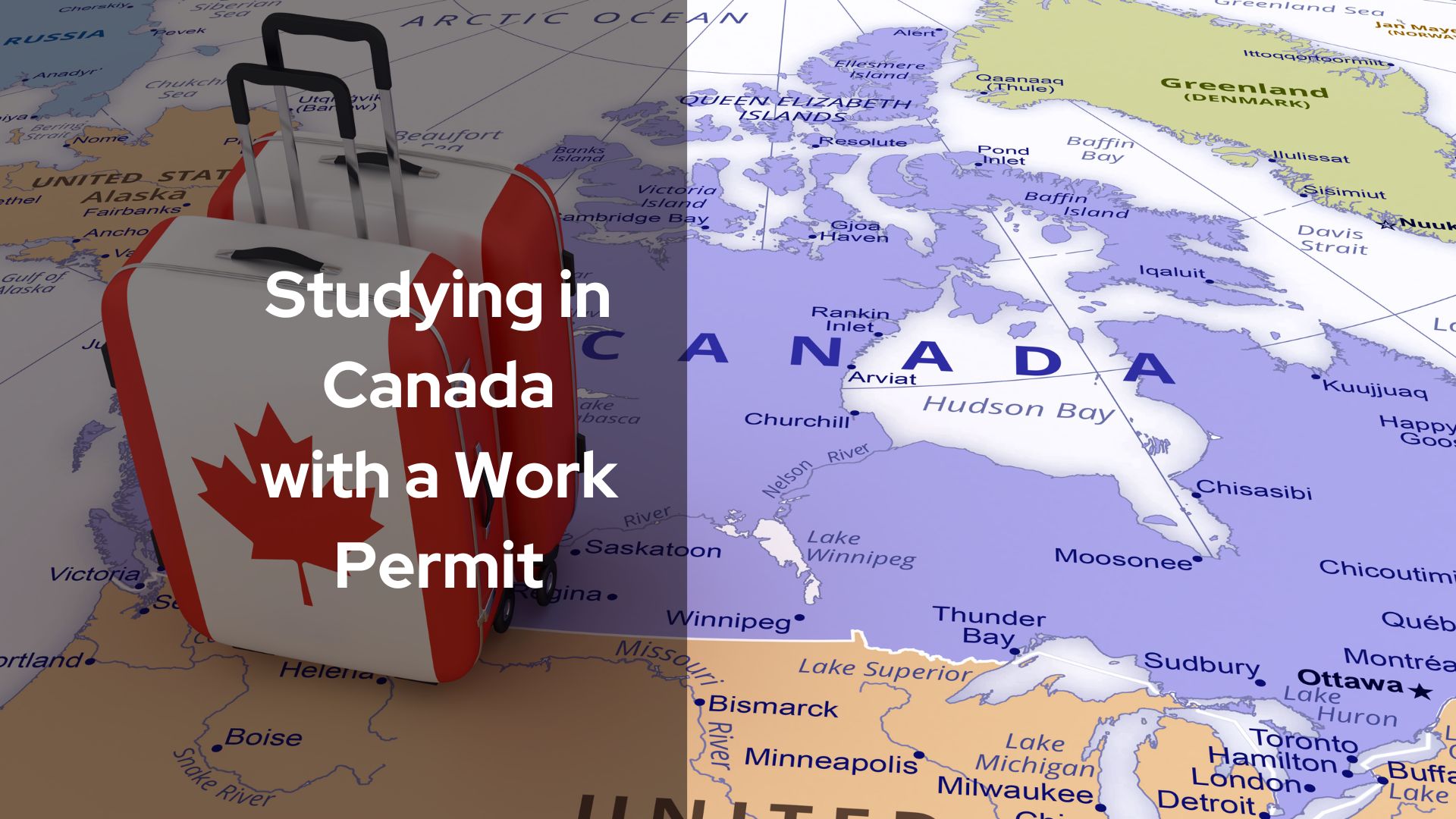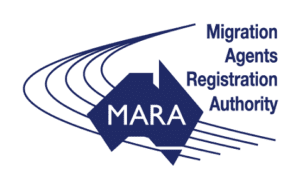Canada is one of the most desired locations for international students, providing top-notch education, a multicultural environment, and employment and immigration chances. But not every foreigner living in Canada does so with a study permit. Some arrive with a work permit and afterwards think about going to school. Enrolling in any course requires you to be aware of certain crucial requirements and considerations if you wish to study while you’re already in Canada with a work permit.
Everything you need to know about studying in Canada with a work permit will be covered in this blog, including your eligibility, when you might need to switch to a study permit, and how all of this will affect your chances of being granted immigration.
Can I study in Canada with a Work Permit?
In certain circumstances, you may study in Canada without obtaining a separate study permit if you currently possess a valid work permit. However, depending on the kind and length of the courses you wish to take, this license is subject to certain limitations and requirements.
- Courses with a short duration (less than six months)
Short-term courses and training programs lasting six months or less are normally permitted to be taken without the need to apply for a separate study visa. This could include professional training that improves your work prospects, language classes, or certificate programs.
- Full-Time Education Courses
A work visa by itself is insufficient for lengthier academic programs, such as college or university degrees. You must submit an application for a study permit if you want to participate in a program that lasts more than six months. This implies that in order to continue studying and working in the nation, you will need to change from being a worker to a worker-student.
Student Work Permit Canada
You might not need a study permit if you are the spouse or dependent of a foreign worker who has a high-skilled work permit. For example, you can usually study without a separate study permission if you are dependent on your spouse and they have a work permit under the Global Talent Stream or Intra-Company Transfer. You might be eligible to enroll in classes without a study visa if you are a refugee claimant awaiting word on your status. You must, however, confirm that your claim is still being considered and that you have not been given any instructions to depart the nation.
Without a formal study permission, certain people who are granted temporary residency status due to humanitarian or compassionate grounds may also be permitted to pursue their studies. This is a unique category, though, and each case is evaluated individually.
After finishing your studies, if you are in Canada with a Post-Graduation Work Permit (PGWP), you are not able to enroll in another program without obtaining a new study permit. Although the PGWP is meant to enable you to work after graduation, additional academic enrollment calls for special authorization.
Work Permit to Study Permit
You can apply for a study permit from within Canada if you already have a work permit and are in the country. Since you are already in the nation lawfully, this procedure is frequently perceived as being less complicated. The general procedures consist of:
- Admission from a Designated Learning Institution (DLI): In order to proceed, you must be granted admission to a program that a DLI in Canada is offering. DLIs are colleges or universities that have received permission from the territory or provincial authorities to accept foreign students.
- Study Permit Application: After being approved, you can submit an online application for a study permit. Proof of your work permit, your acceptance letter, paperwork proving your financial stability, and other private information are required.
- Processing Time: Although study permits from within Canada can take longer to process, they often do so more quickly than applying for studying abroad.
Route to Permanent Residency
Studying in Canada with a study permit can increase a foreign resident’s prospects of becoming a permanent resident (PR) for many. People with Canadian work experience and education are given preference under Express Entry programs such as the Canadian Experience Class (CEC). Consequently, if obtaining permanent residency is your long-term objective, switching from a work permit to a study permit may enhance your overall immigration prospects.
Conclusion
Possessing a work visa and studying in Canada might lead to new options for immigration, professional advancement, and personal improvement. Enrolling in a full-length academic program necessitates the move to a study permit, but you can conduct short-term studies without changing to one. Before making the move, carefully consider your objectives, financial status, and immigration intentions. Work and study experience can both improve your long-term prospects in Canada. You can make the most of your time in Canada and benefit from the great job and educational opportunities the nation offers by being aware of the laws and your options.






Leave a Reply